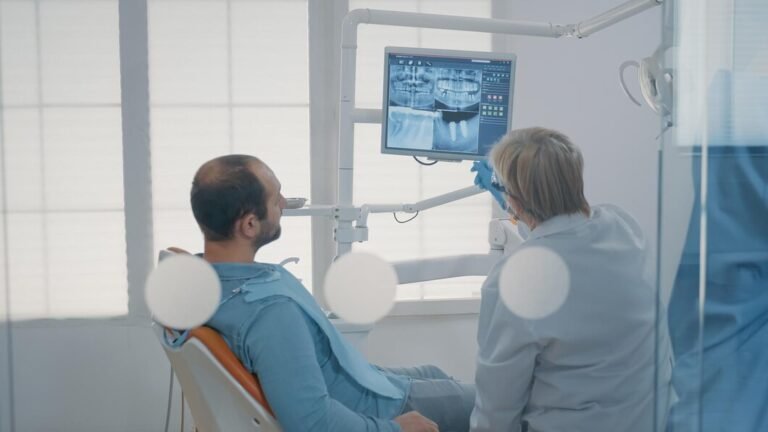The Impact Of Implants On Healthcare And Quality Of Life
In the ever-evolving landscape of modern medicine, technological advancements continue to revolutionize healthcare, with one of the most significant breakthroughs being the development and widespread use of implants. From pacemakers to cochlear implants, these tiny devices have profoundly contributed to improving healthcare outcomes and quality of life for millions of people worldwide.
To know About It Please Click Here
Enhancing Treatment Efficacy
Implants play a crucial role in the treatment of various medical conditions, offering solutions that were previously unimaginable. For instance, cardiac pacemakers have become indispensable for individuals with irregular heart rhythms, effectively regulating their heartbeats and preventing life-threatening complications. Similarly, neurostimulators have transformed the management of chronic pain, providing relief to patients who have exhausted traditional treatment options.
Restoring Sensory Functions
One of the most remarkable aspects of implantable devices is their ability to restore sensory functions. Cochlear implants, for example, have revolutionized the lives of individuals with severe hearing loss or deafness by bypassing damaged portions of the ear and directly stimulating the auditory nerve. This technology has enabled recipients to experience sound and significantly improve their communication abilities, thereby enhancing their overall quality of life.
Improving Mobility and Independence
Implants also play a vital role in enhancing mobility and independence for individuals with disabilities. Prosthetic limbs, equipped with advanced sensors and actuators, closely mimic natural movement, allowing amputees to perform daily activities with greater ease and confidence. Furthermore, developments in neural interface technology hold the promise of restoring mobility to individuals with spinal cord injuries by enabling direct communication between the brain and prosthetic devices.
Pioneering Treatments for Chronic Conditions
In addition to addressing acute medical issues, implants offer innovative solutions for managing chronic conditions. For example, insulin pumps have revolutionized diabetes management by delivering precise doses of insulin, thereby improving glycemic control and reducing the risk of complications. Similarly, implantable drug delivery systems provide targeted therapy for conditions such as chronic pain, epilepsy, and Parkinson’s disease, minimizing side effects and optimizing treatment efficacy.
Challenges and Considerations
While the impact of implants on healthcare and quality of life is undeniable, their widespread adoption is not without challenges. Cost can be a significant barrier, limiting access to these life-changing technologies for many individuals, particularly in low-income communities. Moreover, concerns regarding the safety, longevity, and compatibility of implantable devices underscore the importance of rigorous testing, regulation, and ongoing monitoring.
Looking Ahead
As technology continues to advance, the potential applications of implants in healthcare are limitless. From bioresorbable implants that promote tissue regeneration to neural implants that enhance cognitive function, the future holds promise for even more groundbreaking innovations. However, realizing this potential will require collaboration between researchers, healthcare providers, policymakers, and industry stakeholders to ensure that implantable devices are safe, accessible, and effectively integrated into clinical practice.
conclusion
the impact of implants on healthcare and quality of life cannot be overstated. These remarkable devices have transformed the way we diagnose, treat, and manage a wide range of medical conditions, offering new hope and possibilities for millions of people around the world. By harnessing the power of technology and innovation, we can continue to leverage the potential of implants to improve healthcare outcomes and enhance the lives of individuals everywhere.








